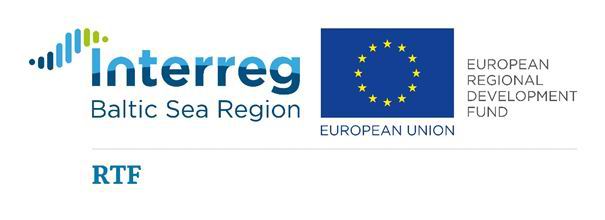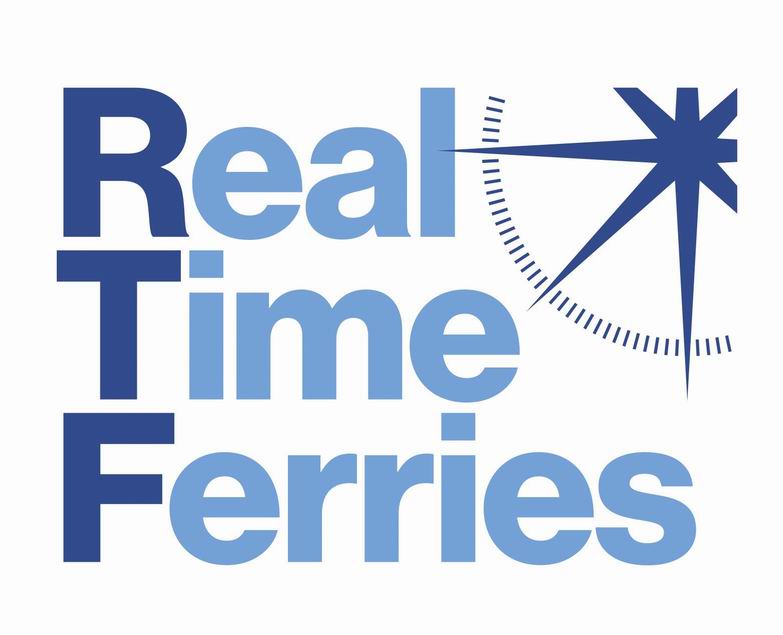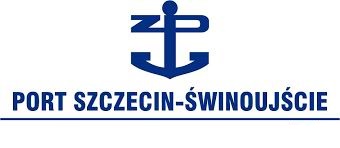RTF - Using ferry real time information to optimise intermodal transport chains in the Baltic Sea Region
It´s time to get visible!
 |  |
The content of this article is the sole responsibility of the authors and can no way be taken to reflect the views of the European Union, the Managing Authority of the Joint Secretariat of the South Baltic Cross- Border Cooperation Programme 2014-2020.
RTF fosters the utilisation of ferry real time information to optimise intermodal transport chains for goods and people in the Baltic Sea Region (BSR). To achieve this, the actors from three “domains” (ship navigation, public transport, logistics & ports) combine efforts and interact. RTF sets up a collaborative BSR ferry real time data hub and allows to ensure easier and cheaper ways for all relevant transport actors (e.g. ferry companies, forwarders, public transport providers, bus operators, car satnav providers, port operators, stevedores, etc.) to generate and to utilise these data for optimising of intermodal transport chains for both goods and people across the entire region.
The project makes real-time information about ferry delays, cancellations and travel time prognoses available to travel planning systems that cover different modes of transport. Real-time travel information is an immensely dynamic field – and ferry transportation is currently at risk of being left behind. The project sets up a collaborative data hub for real-time ferry information to be used for smoother transport of goods and people in the Baltic Sea Region. To achieve this, key actors from ship navigation, public transport and logistics and ports combine their efforts.
The project assumes that 11 ferry real time demo lines start operating from 2019. The lines cover the prevailing ferry line types of the Baltic Sea region and involve major ferry operators. They demonstrate benefits for 18 million passengers, three million cars, 44’000 busses, and 850’000 trailers each year. By the end of the project, the benefit is expected to be for all relevant transport actors to generate and to utilize ferry real time information for optimising intermodal transport chains for both goods and people across the entire region.
The project is co-financed by the European Union from the European Regional Development Fund.
Project budget: € 4 960 899,00.
Time frame: 01.10.2017 – 30.09.2020.
The project is implemented by international team, joining 22 project partners and 23 associated organisations.
Project Partners:
• University of Rostock DE – Lead Partner
• Public Transport Association Berlin Brandenburg DE
• Baltic Sea Forum e.V. DE
• Schenker Deutschland AG DE
• Swedish Maritime Administration SE
• Viktoria Swedish ICT SE
• Skånetrafiken SE
• Stena Line AB SE
• Viking Line Abp FI
• Helsinki Region Transport FI
• West Pomeranian University of Technology Szczecin PL
• Klaipeda Shipping Research Center LT
• A´TUIN” Ltd. LV
• International Transport Development Association LV
• Estonian Small Harbours Development Center EE
• Saarte Liinid AS EE
• Motus Foundation (in cooperation with BPO) PL
• Lindaliini OY FI
• Tallinn University of Technology EE
• Estonian Road Administration EE
• Port of Trelleborg SE
• Flixbus DE
Associated Partners:
• Ministry of Energy, Infrastructure and State Development M-V DE
• Rostock Trimodal DE
• Euroports Ferry Stevedoring Rostock DE
• German Logistics Association DE
• Tom Tom Germany DE
• GoEuro DE
• Danish State Railways DK
• HH Ferries Group SE
• Västtrafik SE
• Port of Stockholm SE
• Central Klaipeda Terminal LT
• Smitlynes Perkela LT
• Latvian Coast Guard LV
• Ministry of Transport Latvia LV
• Port of Liepaja LV
• Ministry of Economic Affairs and Communication Estonia EE
• Baltic Ports Organization EE
• City of Helsinki FI
• Delfi Association DE
• TS Laevad OÜ EE
• Danish Shipwoners Association DK
• DFDS A/S DK
• Tallink Grupp EE
More information you can find on the project website: www.realtimeferries.eu.




